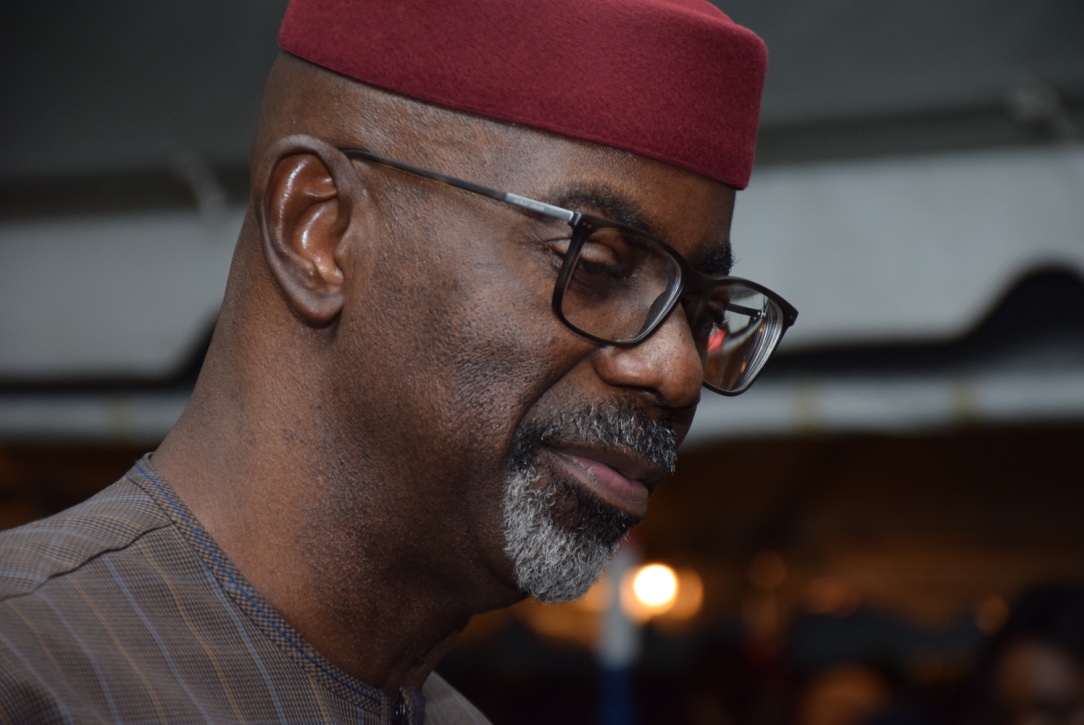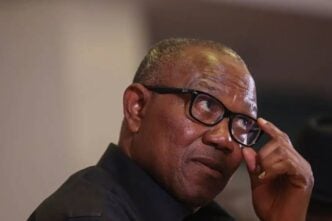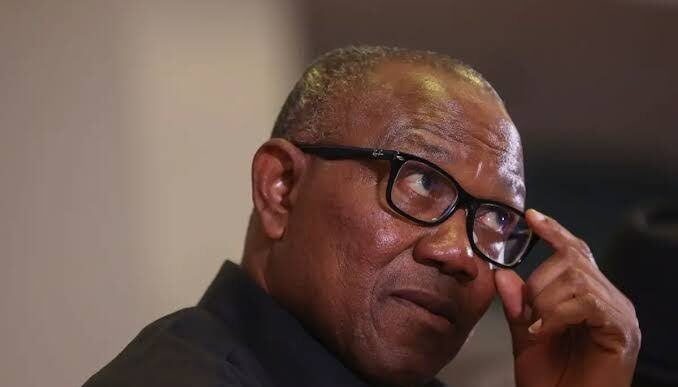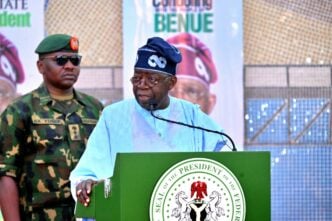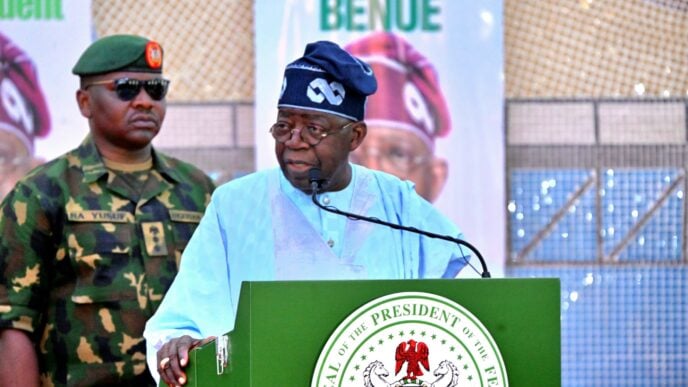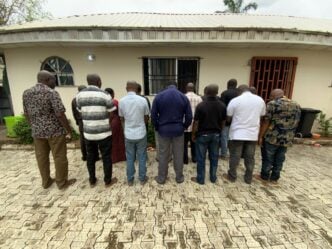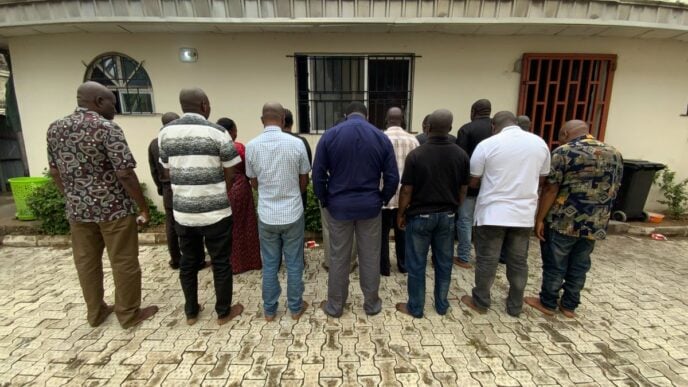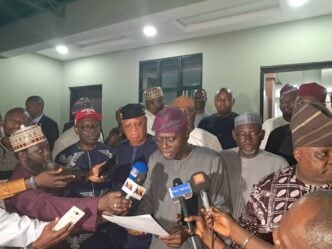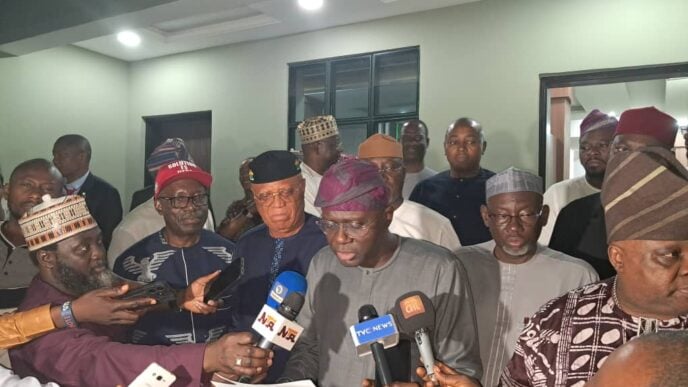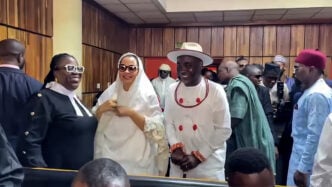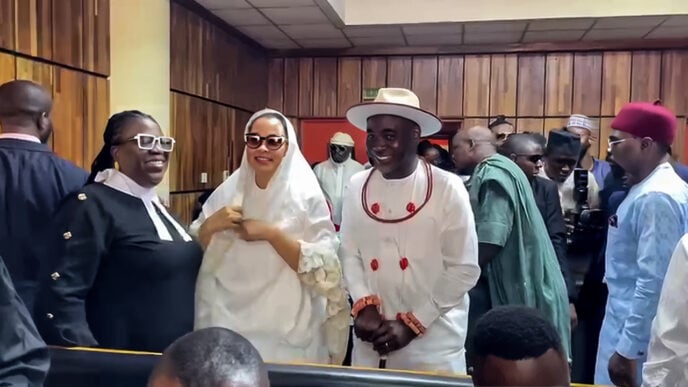Liyel Imoke, former minister of power and steel
A witness of the Economic and Financial Crimes Commission (EFCC) has told a federal capital territory (FCT) high court that the federal government never approved the contract of the $6 billion Mambila Hydro Power Project.
Testifying as the third prosecution witness in the trial of Olu Agunloye, the former minister of power and steel, Umar Babangida, said Liyel Imoke, the defendant’s successor, told the EFCC that the federal executive council (FEC) meeting of May 21, 2003, did not approve the memo for the award of the Mambila Hydro Power Project to Sunrise Power and Transmission Company Limited (SPTCL).
Agunloye was re-arraigned on a seven-count charge bordering on forgery, disobeying presidential directives, and gratification.
The EFCC is prosecuting Agunloye over a $6 billion Mambilla hydropower contract following the allegation that the former minister awarded the project on May 22, 2003, to SPTCL without any budgetary provision, approval, or cash backing.
Advertisement
The commission also alleged that Agunloye received N5.212 million from SPTCL and Leno Adesanya, promoter of the company, through Jide Abiodun Sotinrin.
But the defendant has pleaded not guilty to the charge against him.
At the resumed hearing on Wednesday, Babangida told the court that between August 2003 and November 2006, the EFCC invited Imoke for questioning.
Advertisement
According to the witness, Imoke disclosed that he had written to Sunrise Power, informing the company that the FEC did not approve Agunloye’s memo seeking the award of the contract.
“Senator Liyel Imoke further informed the investigation team that in his letter to Sunrise, he advised Sunrise to rather participate in the bidding process for the power project when it is advertised,” the witness said.
“And that until he left office in November 2006, no approval was granted for the award of the project to Sunrise Power and Transmission Company Limited.”
However, Babangida’s attempt to share the general findings of the EFCC investigation team and his mention of submitting a report to his superiors for further directives caused the proceedings to take an unexpected turn.
Advertisement
Adeola Adedipe, defence counsel, objected to the testimony, arguing that the report must be presented in court to be admissible. He maintained that referencing a document not before the court was improper.
In response, Abba Mohammed, prosecution counsel, contended that as an investigator, the witness was within his rights to give oral testimony about his team’s findings.
After hearing arguments from both sides, Jude Onwuegbuzie, the presiding judge, adjourned the matter to July 7 for a ruling on whether the witness can give oral evidence on a document that has not been formally submitted in court.
The judge further adjourned the trial to July 10 and 16 for continuation.
Advertisement
